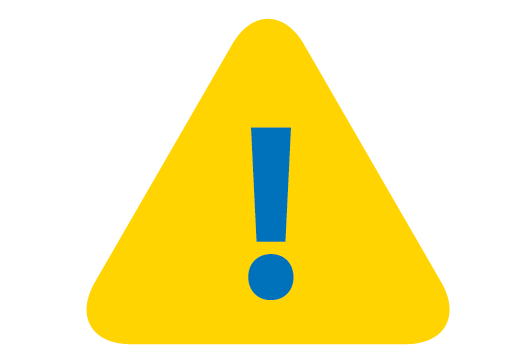Rollins College is open.
Rollins College officials are closely monitoring updates related to COVID 19. (Novel Coronavirus)
Rollins College continues to monitor the Center for Disease Control (CDC) and the World Health Organization, which are providing ongoing guidance. At this time most people in the United States will have little immediate risk of exposure to this virus. This virus is NOT currently spreading widely in the United States. However, it is important to note that current global circumstances suggest it is likely that this virus will cause a pandemic. This is a rapidly evolving situation and the risk assessment will be updated as needed.
Rollins College has an “All-Hazards” Emergency Operations Plan that includes a Disease/Pandemic section. Additionally, during any event or emergency, we institute the Incident Command System, which is the main tool used by all governmental institutions (including the Center for Disease Control) to manage incidents. We also have an Emergency Operations Center on campus, as well as a back-up center.
While we are still in a “monitoring” phase, we have convened COVID 19 Response Team to begin preparedness activities, including messaging, campus community education, and meeting with various groups on campus. This is a multi-discipline team composed of many experienced individuals that will assist with managing any potential risk, threat or hazard that may arise from this event.
As the situation develops and we receive information, we will be communicating through the Rollins College website and our other social media platforms to keep everyone informed.
Healthcare Recommendations
If you are concerned that you may have novel coronavirus, see your health care provider immediately. Symptoms may be flu-like, ranging from mild to serious, and include fever, cough and difficulty breathing. Person-to-person spread is occurring, although it’s unclear exactly how it is transmitted and how easily the virus spreads between people.
Currently, there is no specific antiviral treatment recommended for the coronavirus. There is no vaccine to prevent this virus, and the CDC advises that the best way to prevent infection is to avoid being exposed to this virus. Here are everyday actions to help prevent the spread of ALL respiratory viruses:
•Wash your hands often with soap and water for at least 20 seconds. If soap and water are not available, use an alcohol-based hand sanitizer.
•Avoid touching your eyes, nose, and mouth with unwashed hands.
•Avoid close contact with people who are sick.
•Stay home when you are sick.
•Cover your cough or sneeze with a tissue, then throw the tissue in the trash.
•Clean and disinfect frequently touched objects and surfaces.
>https://www.cdc.gov/coronavirus/2019-ncov/index.html
